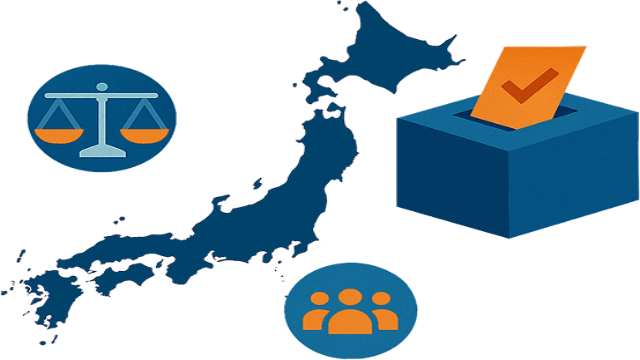
FOR INVESTORS
Governance and Voting Solutions for Smarter Decisions and Seamless Workflows.

FOR COMPANIES
Corporate Governance Solutions to Advance Governance-Related Strategies.


Observations: What the Withdrawal of Big Four Auditors From Sub-Saharan Africa Means for Corporate Governance and Shareholders
This article examines how the retreat of Big Four auditors from Sub-Saharan Africa could reshaping the regional audit landscape and influencing corporate governance and shareholder outcomes over the long term.


Observations: What the Withdrawal of Big Four Auditors From Sub-Saharan Africa Means for Corporate Governance and Shareholders
This article examines how the retreat of Big Four auditors from Sub-Saharan Africa could reshaping the regional audit landscape and influencing corporate governance and shareholder outcomes over the long term.


How One of Japan’s Largest Asset Managers Leveraged a Custom Voting Policy and Engagement Services
Learn how one of Japan’s largest asset managers partnered with Glass Lewis to implement a custom voting policy and a tailored global engagement program.


How One of Japan’s Largest Asset Managers Leveraged a Custom Voting Policy and Engagement Services
Learn how one of Japan’s largest asset managers partnered with Glass Lewis to implement a custom voting policy and a tailored global engagement program.


US AI Oversight Through Three Lenses: Investor Expectations, the S&P 100 and Company-Specific Analysis
This article examines U.S. investor expectations for board oversight of artificial intelligence, analyzes AI governance disclosures among S&P 100 companies, and highlights company-specific approaches to managing AI-related risks and opportunities.


US AI Oversight Through Three Lenses: Investor Expectations, the S&P 100 and Company-Specific Analysis
This article examines U.S. investor expectations for board oversight of artificial intelligence, analyzes AI governance disclosures among S&P 100 companies, and highlights company-specific approaches to managing AI-related risks and opportunities.

.png)
Examining What Drove Significant Shareholder Opposition to S&P/ASX 300 Director Elections in Australia
This article provides data and analysis on director voting, along with discussion of the themes and concerns that drove shareholder opposition.

.png)
Examining What Drove Significant Shareholder Opposition to S&P/ASX 300 Director Elections in Australia
This article provides data and analysis on director voting, along with discussion of the themes and concerns that drove shareholder opposition.
ABOUT US
Why Choose Glass Lewis?
Founded in 2003, Glass Lewis operates globally with offices in North America, Europe, and Asia Pacific, including locations in San Francisco, Toronto, London, Limerick, Karlsruhe, Paris, Sydney and Tokyo. Our innovative solutions support governance and stewardship efforts worldwide.
1300+
Investors Globally: Leveraging Proxy Paper research and custom policy recommendations.
2300+
Corporate Issuer Clients: Engaging on material governance and disclosure practices.
$40 T
In Assets: Managed by our clients across 100 global markets.
30000+
Meetings Annually: Covered with rigorous research and recommendations.
~3 Weeks
Corporate governance research reports delivered ~3 weeks in advance of AGMs, in most markets.
1400+
Research Team Engagement Meetings Held with Corporate Issuers. (2024)

Learn how Glass Lewis supports corporate governance and stewardship best practices.
Book an initial conversation.



.png)



